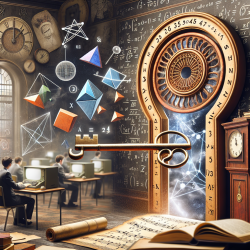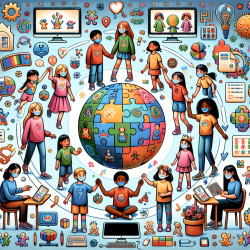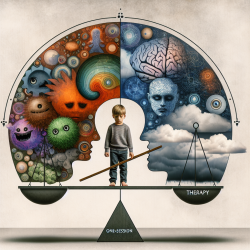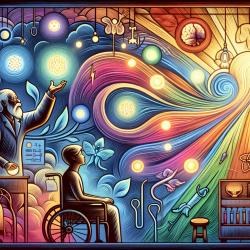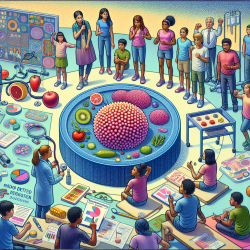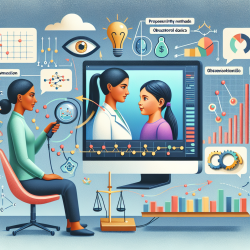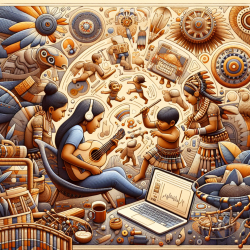Embracing the Past to Enhance the Future: Mathematics Education Through History
In the ever-evolving landscape of education, the integration of historical perspectives into mathematics teaching is not just a choice but a necessity. According to the research article "Learning as a Critical Encounter with the Other: Prospective Teachers Conversing with the History of Mathematics," understanding mathematics through its historical context enriches the learning experience and fosters a deeper connection with the subject. This blog explores how practitioners can leverage these insights to improve educational outcomes.
The Importance of Historical Context in Mathematics Education
The study, grounded in the philosophy of dialectical materialism, highlights two often-overlooked concepts: mathematics learning and classroom mathematics knowledge. These concepts are pivotal in understanding the role of history in mathematics education. The research argues that mathematics knowledge is not merely a psychological entity but a cultural-historical one, embedded with societal views and historical refinements.
By engaging with historical mathematical problems, students and teachers can enter into a dialogue with the past, restoring the aesthetic, ethical, and historical dimensions of learning. This approach transforms the classroom into a space where historical and contemporary knowledge coexist, creating a dynamic learning environment.
Implementing Historical Insights in Modern Classrooms
Practitioners can enhance their teaching strategies by incorporating historical mathematical problems into their curriculum. This not only aids in understanding mathematical concepts but also in appreciating the cultural and historical contexts that shaped them. Here are some practical steps to implement this approach:
- Introduce Historical Problems: Start by presenting students with mathematical problems from different historical periods. This encourages critical thinking and problem-solving skills.
- Facilitate Discussions: Encourage students to discuss the historical context of these problems and how they relate to modern mathematical concepts.
- Promote Collaborative Learning: Create group activities where students can work together to solve historical problems, fostering a sense of community and shared learning.
- Reflect on Learning: After solving historical problems, engage students in reflective discussions about what they learned and how it changes their perception of mathematics.
Encouraging Further Research
The study calls for further research into the historicity of mathematical conceptions and practices. Practitioners are encouraged to explore new themes of research that bridge the gap between theoretical and empirical studies. By doing so, educators can contribute to a deeper understanding of mathematics as a cultural and historical phenomenon.
For those interested in delving deeper into this topic, the original research paper offers a comprehensive exploration of these concepts. Learning as a Critical Encounter with the Other: Prospective Teachers Conversing with the History of Mathematics
By embracing the history of mathematics, educators can create a more engaging and meaningful learning experience for students, ultimately leading to better educational outcomes.
